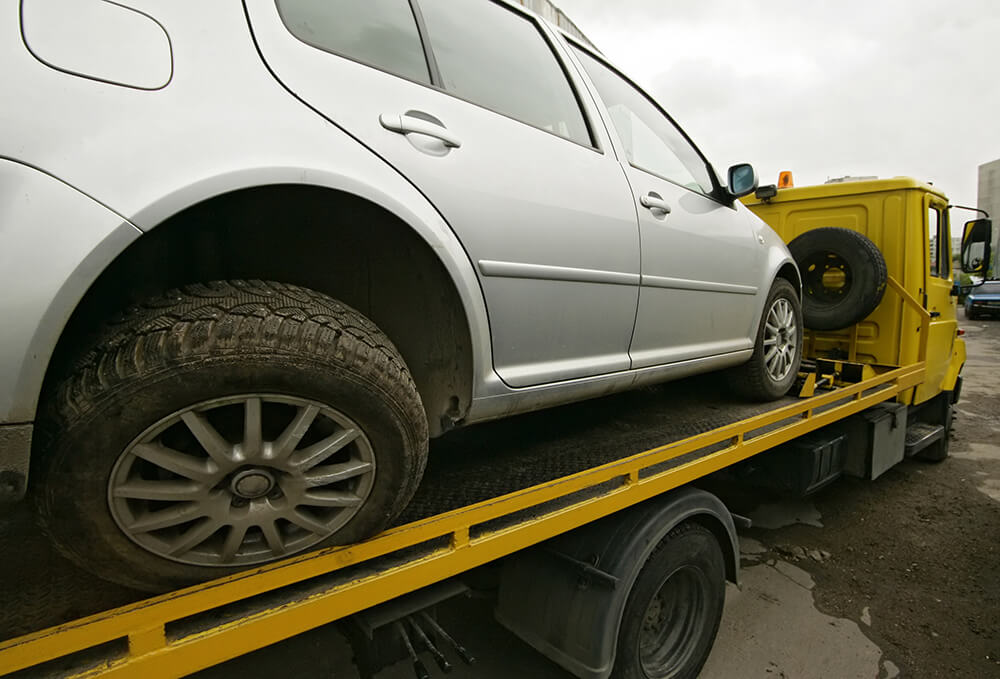
Car Accidents
There are essentially two types of auto collision insurance benefits available to a person injured in an auto collision: no-fault insurance benefits and fault insurance benefits. These are available to owners of the vehicle as well as passengers, non-owner drivers and pedestrians.
Get what you deserve after an auto accident
NO-FAULT INSURANCE BENEFITS
- Reasonable medical, therapy, hospital and dental bills, not exceeding $8,000*
- 75% of lost wages/earnings resulting from any disability as a result of the auto collision
- Funeral bills
*As a result of recent Massachusetts Court decisions, all medical insurance benefits paid from a person’s own insurer over $2,000 must be coordinated with the person’s regular health insurance carrier. This has become a very technical and complicated process and one benefits greatly from an attorney’s help in the process.
FAULT INSURANCE BENEFITS (Pain & Suffering)
Fault insurance benefits are in addition to no-fault insurance benefits and are available to drivers, passengers or pedestrians that are less than 50% at fault in causing the auto collision. At least one of the following conditions must be met:
- the injured person’s medical bills exceed $2,000
- the auto collision resulted in a fractured bone (including teeth)
- the auto collision resulted in permanent disfigurement or scarring
- the auto collision resulted in total or partial loss of hearing or vision
- the auto collision resulted in the loss of any part of the body
- the auto collision resulted in death
ADDITIONAL INSURANCE POLICY OPTIONS
The following coverages must be purchased as options to the basic insurance policy:
Underinsurance:
This coverage applies to all occupants of the motor vehicle in an auto collision whenever the other vehicle’s driver is at fault for the accident and his/her policy limits are insufficient to compensate for sustained damages. Recovery is limited to the holder’s higher policy limits.
Uninsured Vehicles:
Uninsured coverage is for the benefit of persons that are injured or killed as a direct result of the negligence of an operator of an “uninsured” vehicle. There are several instances where this may occur:
- The owner of the vehicle did not buy insurance
- The insurance has been cancelled
- The vehicle was insured but the insurer is now bankrupt (or insolvent)
- The state from which the vehicle is registered is a noncompulsory state such as New Hampshire or Vermont
- The vehicle is stolen
- The accident was a hit-and-run
As a practical matter most recoveries against the driver at fault for the auto accident might be limited to the insurance coverage amount held by that driver. For example, the compulsory minimum under state law is the so-called $20,000/40,000 policy. This means that the most amount of money any one person can recover is $20,000 and the most any combination (one or more) of claimants can recover will be limited to $40,000 from any single auto collision. However, if the person at fault is “liquid” (a person that owns property subject to a potential court judgment), a recovery that exceeds the policy limits is possible. A competent attorney can assess all the risk factors and secure the claimant’s legal rights.






